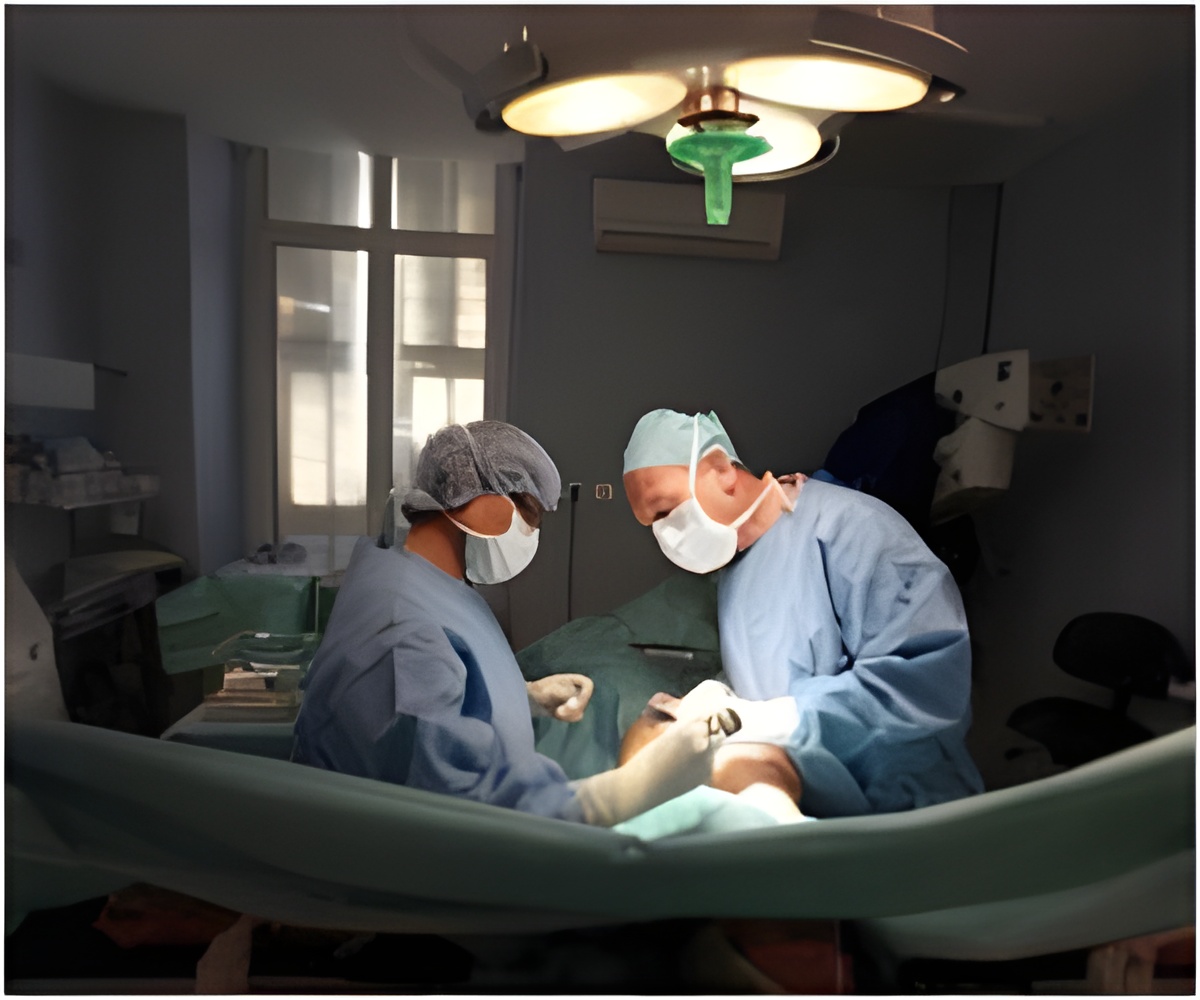A cesarean procedure is more likely to put a baby in intensive care and women longer in hospital, with the risk of hysterectomy or cardiac arrest.
A cesarean section involves delivering a baby through an incision in the woman’s abdominal wall and uterus. There has been a steep increase in the number of cesarean deliveries over the past decade. To keep a check on this growing epidemic of cesarean deliveries, the World Health Organization has said that caesarean sections should be performed only if medically required, as it carries health risks for both women and their babies.
The World Health Organization (WHO) has revealed that though the procedure does save lives in case of obstructed labor, two new studies have shown that in countries where they account for more than 10% of births, there is no evidence that mortality rates improve. The National Institute of Healthcare and Clinical Excellence (Nice) also reported that a cesarean procedure was more likely to put a baby in intensive care, women longer in hospital, with the risk of hysterectomy or a cardiac arrest.
The WHO said, "Across a population, the effects of caesarean section rates on maternal and newborn outcomes such as stillbirths or morbidities like birth asphyxia are still unknown. More research on the impact of caesarean sections on women’s psychological and social well-being is still needed."
Source-Medindia













